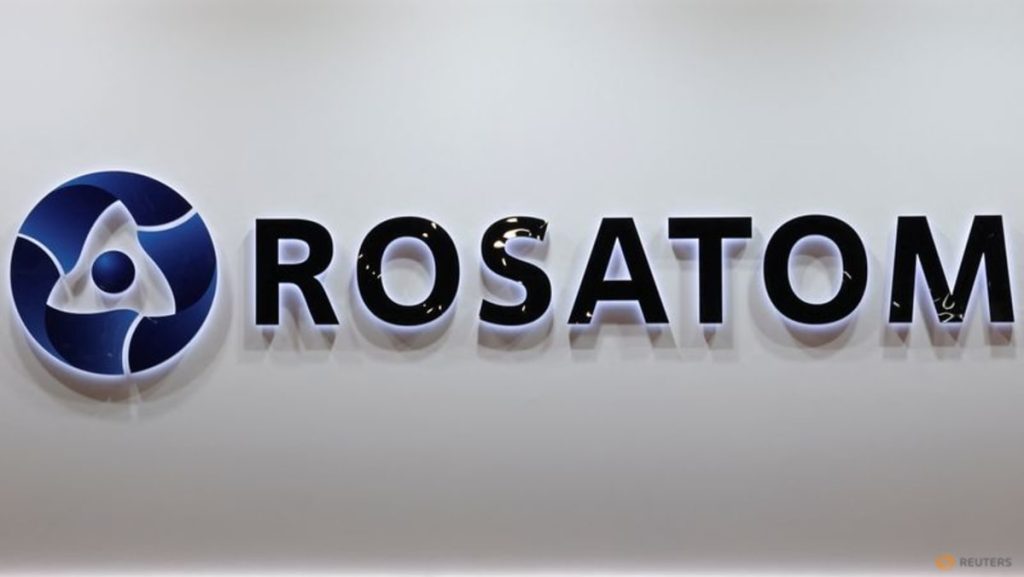The burgeoning partnership between Vietnam and Russia reached a new milestone with the signing of several key agreements during Russian Prime Minister Mikhail Mishustin’s visit to Hanoi. A central focus of this renewed cooperation is nuclear energy, with Vietnam seeking to revitalize its stalled nuclear program to meet the growing energy demands of its rapidly expanding industrial sector. This agreement between Russia’s state-owned Rosatom and Vietnam’s EVN signifies a potentially significant shift in Vietnam’s energy landscape, though the specifics of the deal remain undisclosed. This move comes amidst a complex geopolitical backdrop, with Vietnam carefully balancing its relationships with major global powers including the US, China, and Russia. The move also underscores Russia’s continued influence in Southeast Asia, particularly in the strategically important South China Sea, where Russian energy companies already have a presence.
The agreement on nuclear energy cooperation raises several critical considerations, especially given the existing sanctions imposed on Rosatom by the United States. These sanctions, stemming from Russia’s actions in Ukraine and targeting Rosatom subsidiaries and officials, add a layer of complexity to the Vietnam-Russia partnership. While Rosatom has vehemently denounced the sanctions as unjust and a form of unfair competition, their existence poses a potential challenge to the implementation of the nuclear energy agreement. Vietnam’s decision to proceed with the partnership despite these sanctions highlights the country’s pragmatic approach to international relations and its prioritization of its domestic energy needs. The long-term implications of this collaboration, however, will depend on the evolving geopolitical landscape and the effectiveness of the sanctions regime.
Beyond nuclear energy, the two nations also solidified their cooperation in other strategic sectors, including maritime research, the digital economy, and wireless communications. The transfer of a maritime research vessel from Russia to Vietnam under a bilateral agreement between their respective defense and science ministries underscores the deepening security and technological ties between the two countries. This move is particularly significant in the context of the South China Sea, where Vietnam faces maritime territorial disputes with China. The strengthened cooperation in the digital economy and wireless communications further demonstrates the breadth of the burgeoning partnership, covering crucial areas of technological advancement and economic development.
However, the existing Western sanctions against Russia, imposed in response to the conflict in Ukraine, present an undeniable obstacle to the smooth execution of these bilateral agreements. These sanctions have impacted financial transactions between Hanoi and Moscow, creating challenges for the implementation of joint projects. Recognizing these limitations, both countries have expressed their commitment to finding solutions to navigate the complexities posed by the sanctions regime. This commitment reflects a shared desire to maintain and expand their cooperation despite external pressures. The ability of both nations to effectively address these challenges will be a key determinant of the success and longevity of their partnership.
The broader context of this strengthened Vietnam-Russia partnership is crucial. Vietnam’s historically close relationship with Moscow, coupled with Russia’s role as a major arms supplier, positions Russia as a significant strategic partner for Hanoi. This partnership also has implications for the regional dynamics in the South China Sea, where both countries share an interest in counterbalancing China’s assertive maritime claims. While Vietnam maintains close ties with both the US and China, its continued engagement with Russia demonstrates a multifaceted foreign policy approach aimed at diversifying its alliances and securing its national interests.
Looking ahead, the success of the Vietnam-Russia partnership will depend on several factors. These include the ability to navigate the complexities posed by Western sanctions, the effective implementation of the agreed-upon projects, and the continued alignment of both countries’ strategic interests. The nuclear energy agreement, in particular, will be closely watched as it represents a significant development in Vietnam’s energy strategy and a test of the resilience of the Vietnam-Russia partnership in the face of geopolitical challenges. The broader implications of this partnership for regional stability and the balance of power in Southeast Asia will continue to be a subject of significant interest and analysis.

